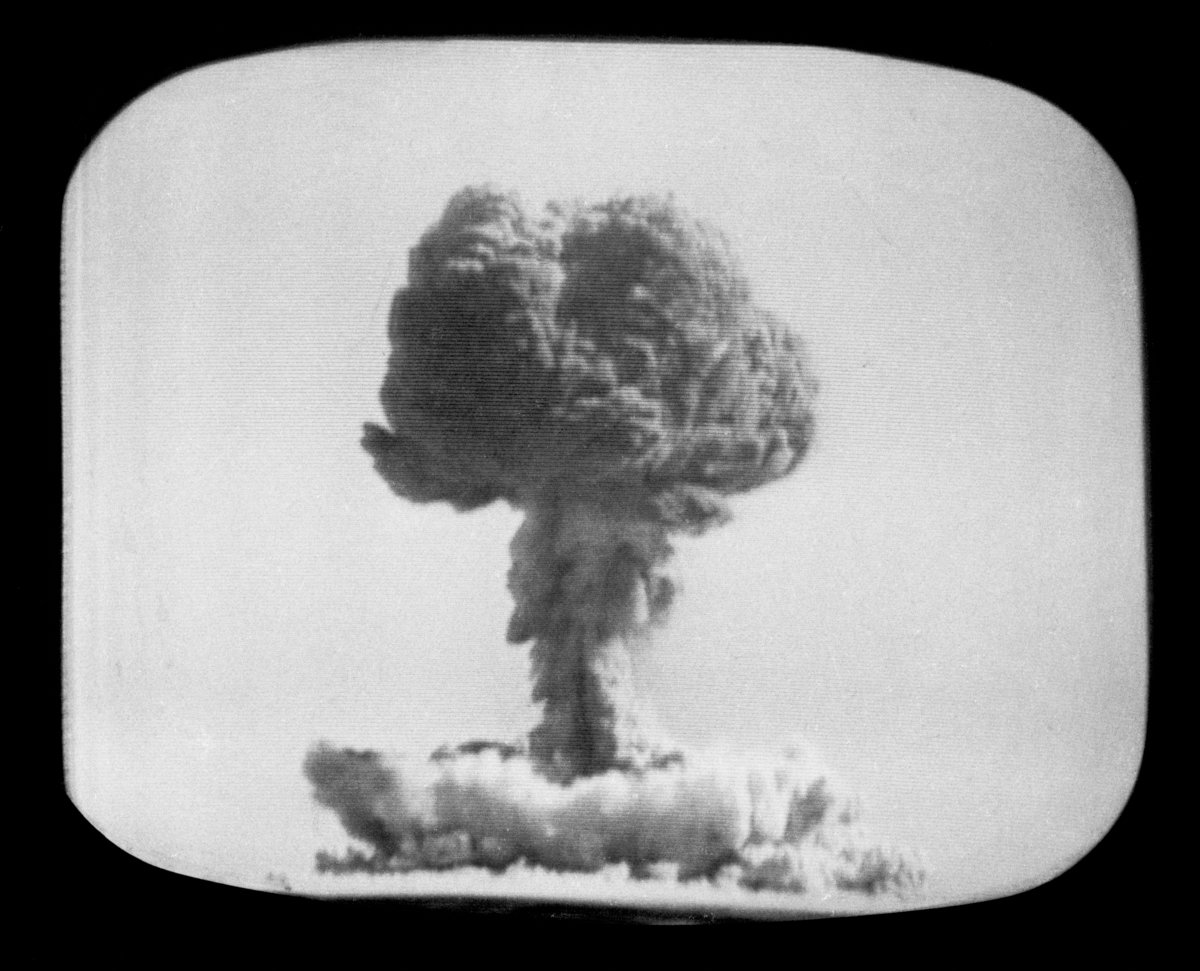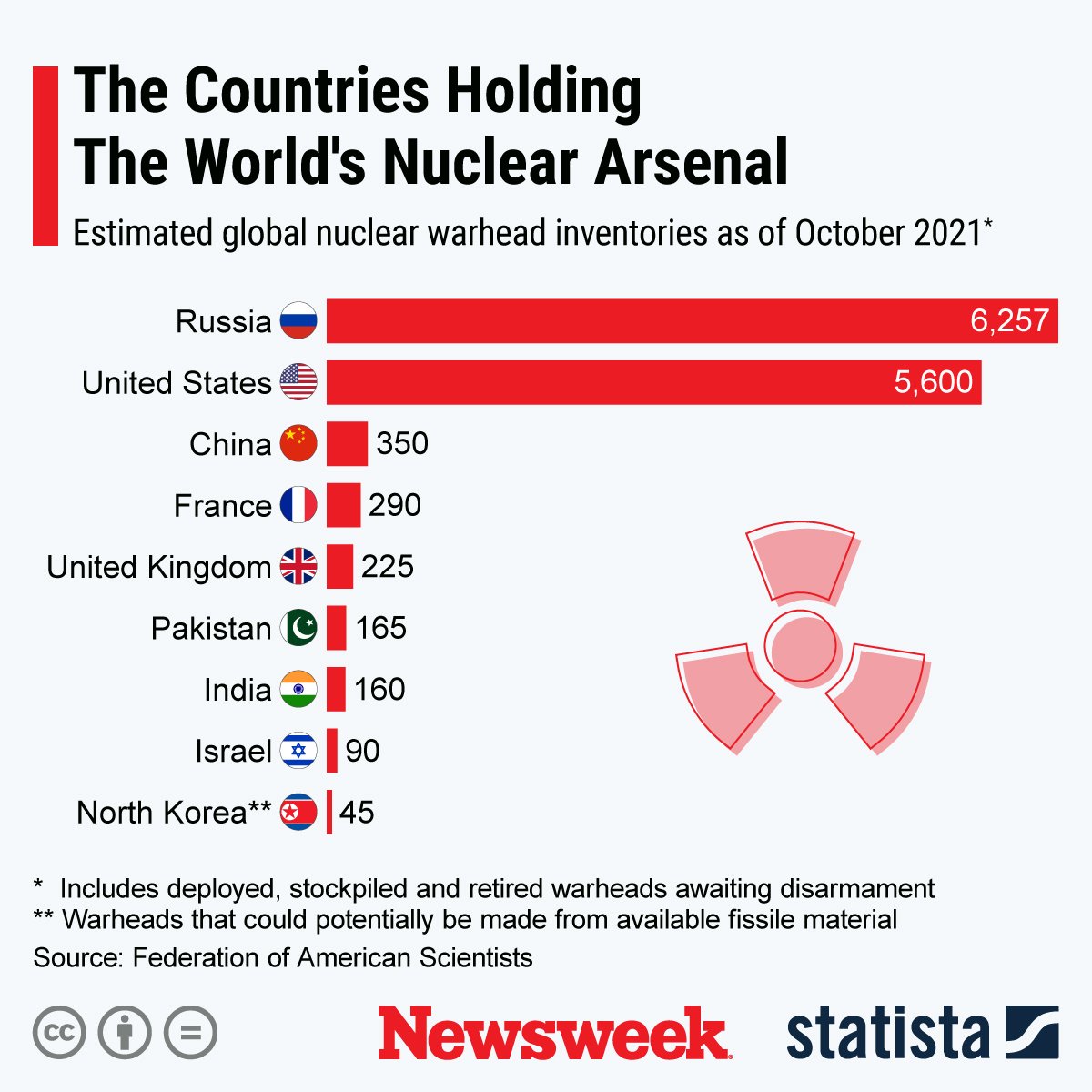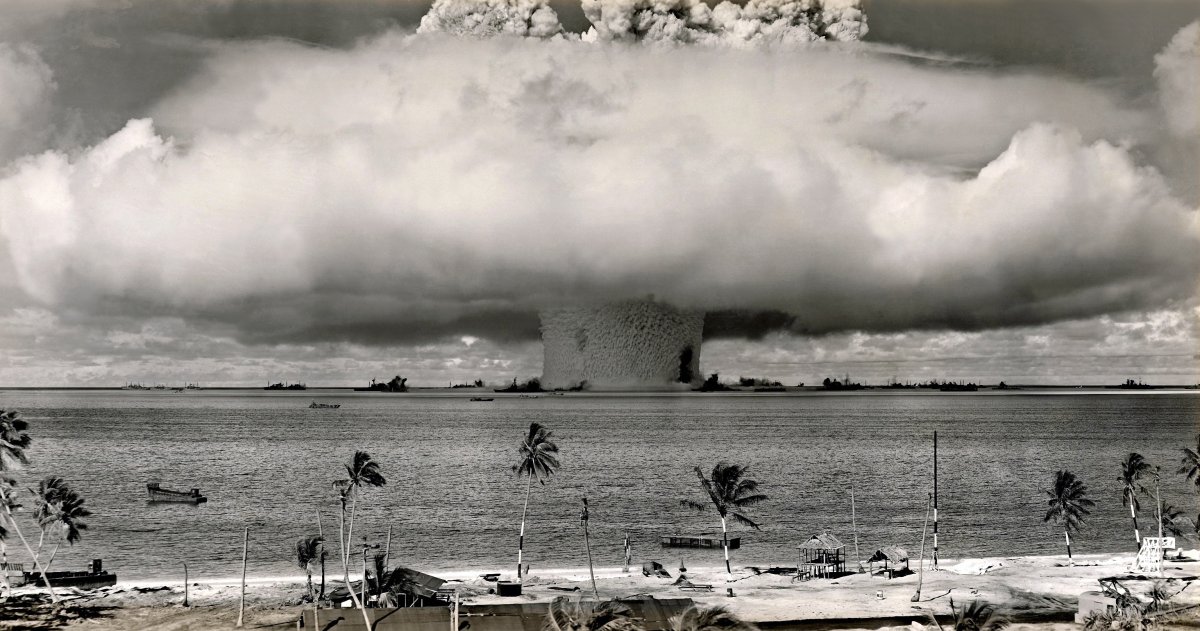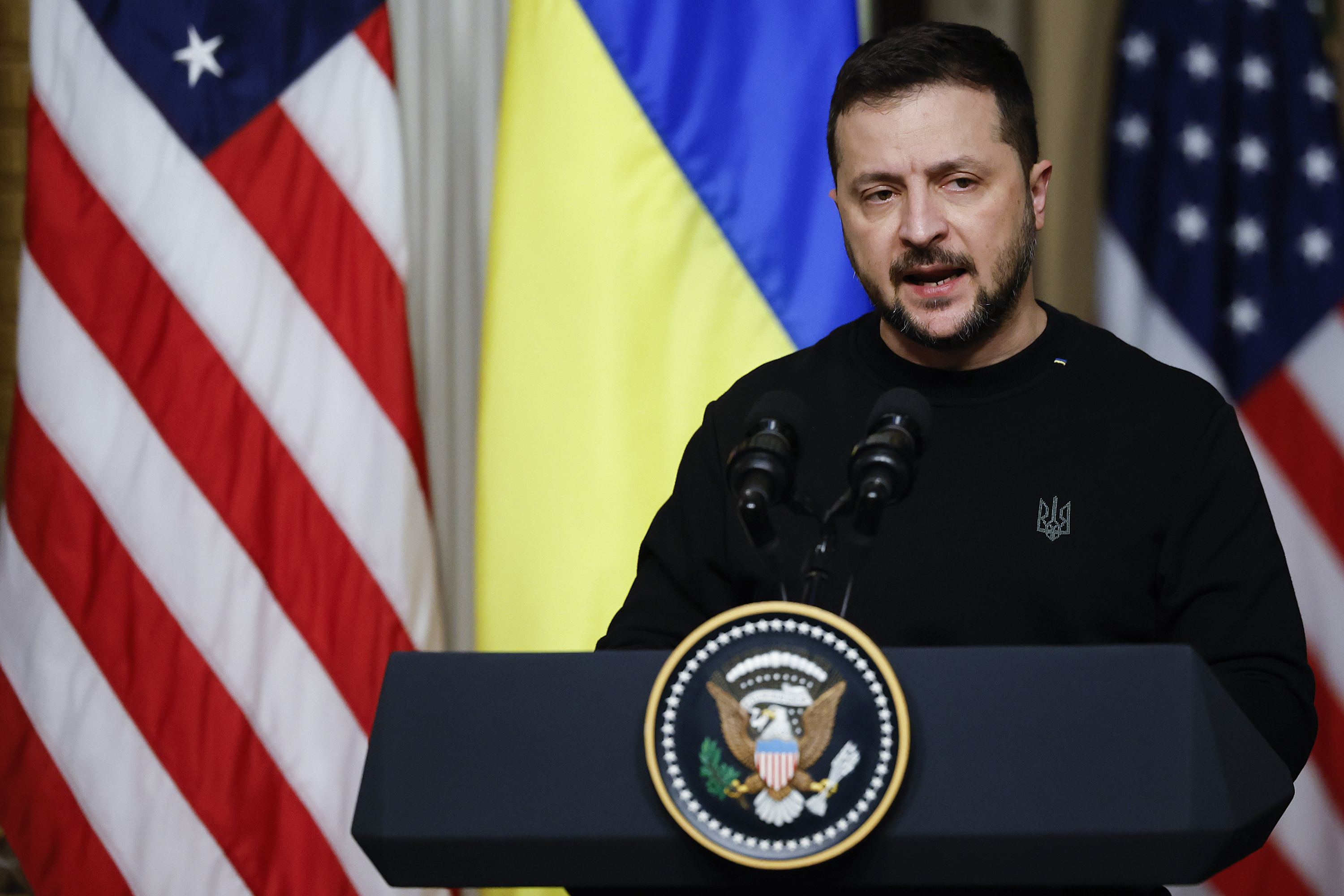China has joined the U.S., Russia, France and the UK in signaling its intent to curb nuclear proliferation with a joint statement released concurrently by the five nations on Monday.
Washington and Moscow control what are currently the world's two largest nuclear arsenals, but the U.S. has sounded the alarm over Beijing's rapid arms buildup. The Pentagon estimated in last November's China Military Power Report that Beijing will operate around 700 warheads by 2027 and "at least 1,000" by the end of the decade.
The Chinese government, meanwhile, has all but dismissed arms control dialogue while its nuclear stockpile—estimated at between 200 and 300—remains dwarfed by those of the U.S. and Russia. It argues its nuclear deterrent is defensive in nature, as evidenced by its stated "no first use" policy. Its officials also stressed that it wouldn't engage with Washington on a bilaterally basis, and that any such dialogue would have to involve Moscow.

This week's statement, also carried by the White House, listed the "reduction of strategic risks" between nuclear powers among its foremost responsibilities. "We affirm that a nuclear war cannot be won and must never be fought," the five powers said. Nuclear weapons should "serve defensive purposes, deter aggression and prevent war."
"We believe strongly that the further spread of such weapons must be prevented," read the statement by the five permanent members of the United Nations Security Council. It reaffirmed commitments to the Nuclear Non-Proliferation Treaty, including to the pursuit of an end to the nuclear arms race and nuclear disarmament. The nuclear-weapon states recommitted never to target each other or any other country.
"We intend to continue seeking bilateral and multilateral diplomatic approaches to avoid military confrontations, strengthen stability and predictability, increase mutual understanding and confidence, and prevent an arms race that would benefit none and endanger all," the text read. "We are resolved to pursue constructive dialogue with mutual respect and acknowledgment of each other's security interests and concerns."
According to 2021 estimates by the Stockholm International Peace Research Institute, America and Russia have 1,800 and 1,625 nuclear warheads respectively, but these figures reach 5,550 for the U.S. and 6,255 for Russia if reserve and retired warheads are considered. Meanwhile, Britain and France respectively deployed 120 and 280 warheads, or 225 and 290 warheads in total, according to the SIPRI data.
The Statista graph below—based on similar data from the Federation of American Scientists—shows the world's nuclear arsenal as of October 2021.

U.S. concerns about China's nuclear buildup have persisted for years, but they reached another level in 2020 when reports by Demetri Sevastopulo of the Financial Times revealed American defense officials had been "stunned" by a pair of hypersonic missile tests conducted by the Chinese military last July and August.
The emergence of a nuclear-capable and highly advanced novel delivery platform—one yet to be perfected by the U.S.—has led to months-long debates about arms control on Capitol Hill. The Department of Defense considers China's development of "hypersonics" an additional source of regional and global tensions.
China's endorsement of Monday's joint statement could send a message, at least on the surface, that it's ready to tone down domestic nationalistic rhetoric surrounding its potential use of nuclear weapons against its neighbors.
Some of the most striking nuclear talk was led by Hu Xijin, the former editor-in-chief of Chinese Communist Party tabloid the Global Times. Hu announced his sudden resignation from the role under mysterious circumstances in the middle of last month.

Uncommon Knowledge
Newsweek is committed to challenging conventional wisdom and finding connections in the search for common ground.
Newsweek is committed to challenging conventional wisdom and finding connections in the search for common ground.
About the writer
John Feng is Newsweek's contributing editor for Asia based in Taichung, Taiwan. His focus is on East Asian politics. He ... Read more
To read how Newsweek uses AI as a newsroom tool, Click here.








